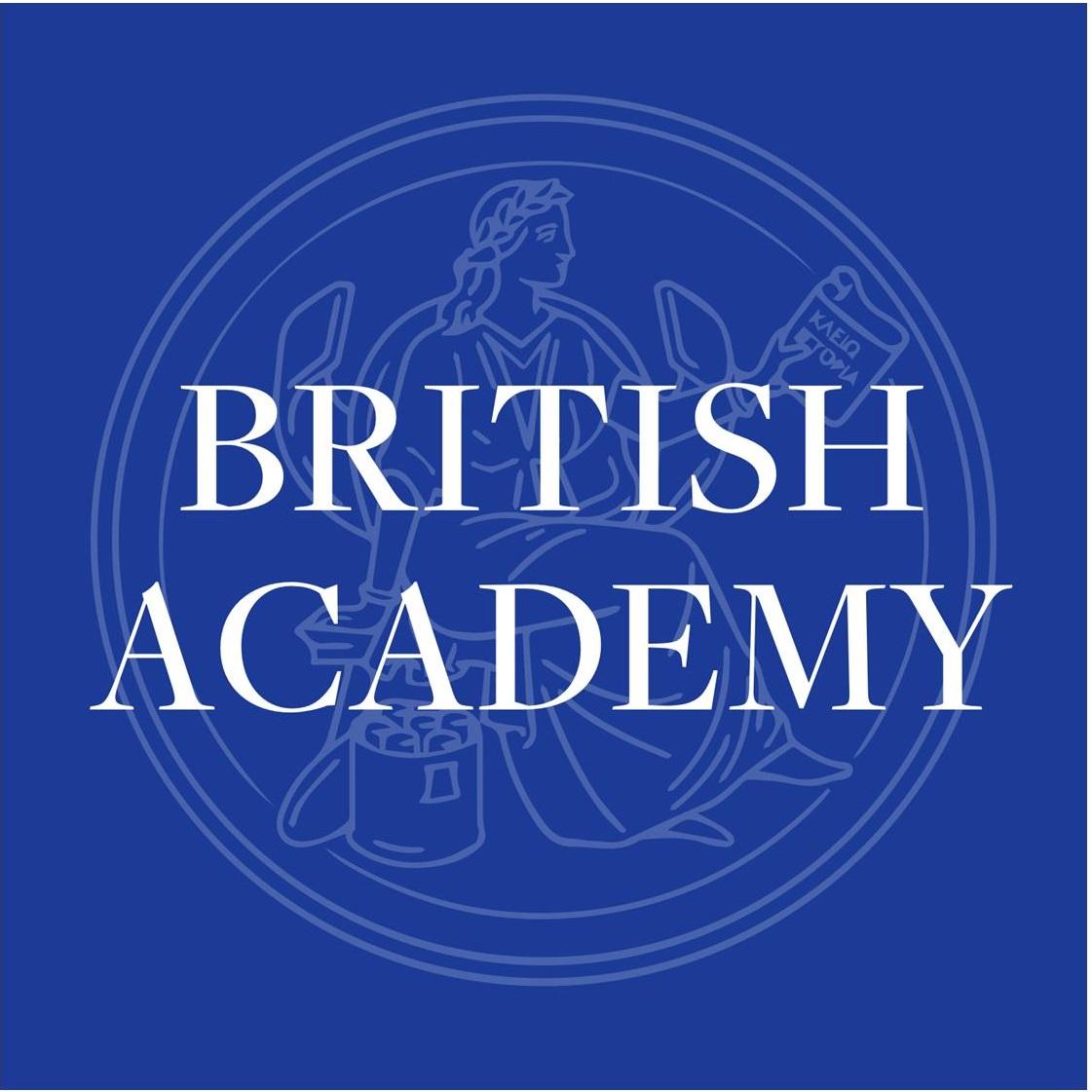What’s in it for us? An introduction to Public and Patient Involvement from the public’s perspective

Sign up for the new RKEDF online interactive workshop to find out about getting the public involved with your research.
Date: Tuesday 19 October 11-12:30pm
This short workshop offers an engaging introduction to the what, why and how of public involvement in research. It is co-designed and facilitated by Rachel Jury and Tim Worner who have extensive experience of sharing their lived experience expertise in research studies, Dr Mel Hughes, Academic Lead for the BU PIER (Public Involvement in Education and Research) Partnership and Angela Warren, PIER involvement coordinator. The workshop will cover the different approaches to public involvement; the public contributor role; the benefits of public involvement and what pitfalls to avoid.
The workshop will also provide an opportunity for researchers to learn about public involvement and to consider this from the perspective of experts by experience and in relation to their own research. This will be an interactive workshop with opportunities for researchers to share and discuss ideas and plans.
What is public involvement in research?
Public involvement in research means research that is done ‘with’ or ‘by’ the public, not ‘to’, ‘about’ or ‘for’ them. It means that patients or other people with relevant experience contribute to how research is designed, conducted and disseminated.
Intended learning outcomes of this session
- Develop knowledge and understanding of different models of public involvement
- Consider the benefits of public involvement for a research study and all those involved
- Identify best practice in designing and conducting public involvement in research
Who is this session aimed at?
Researchers at any career stage or level who are actively considering or developing a public involvement strategy for their own research or wish to find out more.



 Don’t forget to book your place on the RKEDF online training session Impact and Funding Bids on Thursday 17 June 13:00-14:00! Although the UKRI removed the Pathways to Impact sections of grant applications last year, they expect impact to be embedded within bids and this session will help you understand how to write about impact.
Don’t forget to book your place on the RKEDF online training session Impact and Funding Bids on Thursday 17 June 13:00-14:00! Although the UKRI removed the Pathways to Impact sections of grant applications last year, they expect impact to be embedded within bids and this session will help you understand how to write about impact. The following RKEDF training events are coming up this month.
The following RKEDF training events are coming up this month.
 Exciting online training events for researchers on Wednesday.
Exciting online training events for researchers on Wednesday.












 Read and sign up to BU’s Policy Influence Digest
Read and sign up to BU’s Policy Influence Digest Upcoming opportunities for PGRs – collaborate externally
Upcoming opportunities for PGRs – collaborate externally BU involved in new MRF dissemination grant
BU involved in new MRF dissemination grant New COVID-19 publication
New COVID-19 publication MSCA Postdoctoral Fellowships 2024
MSCA Postdoctoral Fellowships 2024 Horizon Europe News – December 2023
Horizon Europe News – December 2023